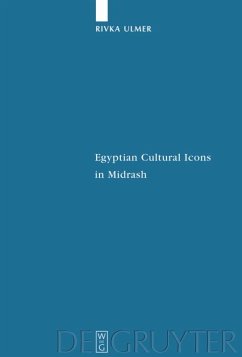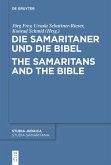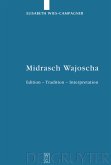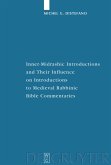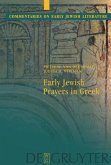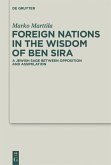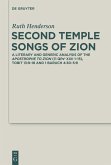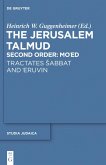Rabbinic midrash included Egyptian religious concepts. These textual images are compared to Egyptian culture. Midrash is analyzed from a cross-cultural perspective utilizing insights from the discipline of Egyptology. Egyptian textual icons in rabbinic texts are analyzed in their Egyptian context.
Rabbinic knowledge concerning Egypt included: Alexandrian teachers are mentioned in rabbinic texts; Rabbis traveled to Alexandria; Alexandrian Jews traveled to Israel; trade relations existed; Egyptian, as well as Roman and Byzantine, artifacts relating to Egypt.
Egyptian elements in the rabbinic discourse: the Nile inundation, the Greco-Roman Nile god, festivals, mummy portraits, funeral customs, language, Pharaohs, Cleopatra VII, magic, the gods Isis and Serapis. The hermeneutical role of Egyptian cultural icons in midrash is explored. Methods applied: comparative literature; semiotics; notions of time and space; the dialectical model of Theodor Adorno; theories of cultural identity by Jürgen Habermas; iconography (Mary Hamer); landscape theory; embodied fragments of memory (Jan Assmann).
Rabbinic knowledge concerning Egypt included: Alexandrian teachers are mentioned in rabbinic texts; Rabbis traveled to Alexandria; Alexandrian Jews traveled to Israel; trade relations existed; Egyptian, as well as Roman and Byzantine, artifacts relating to Egypt.
Egyptian elements in the rabbinic discourse: the Nile inundation, the Greco-Roman Nile god, festivals, mummy portraits, funeral customs, language, Pharaohs, Cleopatra VII, magic, the gods Isis and Serapis. The hermeneutical role of Egyptian cultural icons in midrash is explored. Methods applied: comparative literature; semiotics; notions of time and space; the dialectical model of Theodor Adorno; theories of cultural identity by Jürgen Habermas; iconography (Mary Hamer); landscape theory; embodied fragments of memory (Jan Assmann).

